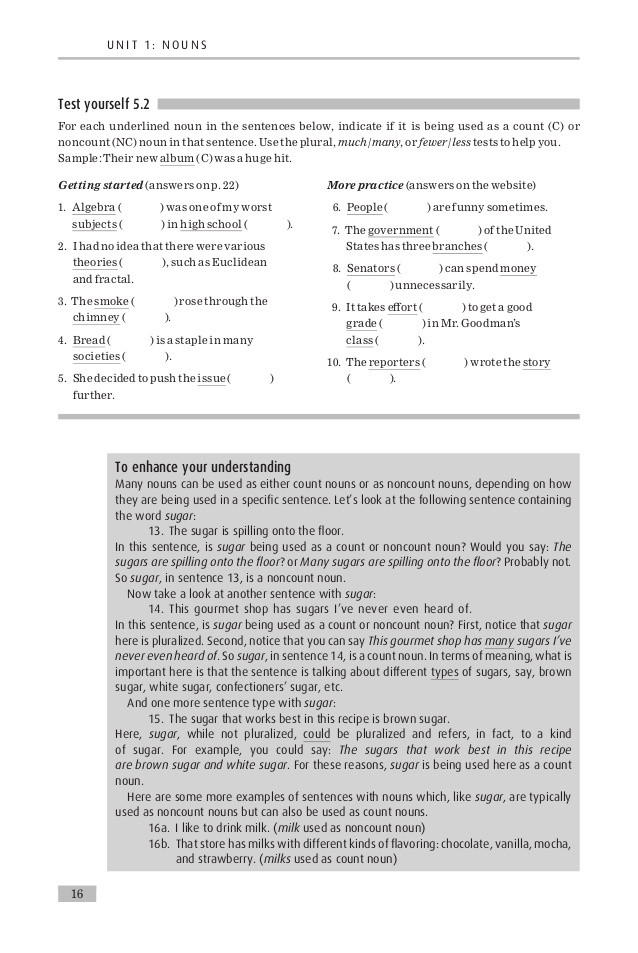Stock Market for Beginners 3 Most Important Keys for Action and Direction
Post on: 18 Август, 2015 No Comment

Many people are now considering investing in stocks; and thus, a guide to navigating the stock market for beginners will make the process a lot easier. Investing in the stock market is one of the fastest ways to grow your wealth when compared to growing wealth in a savings account with small monthly increments. However, a simple internet search on stocks for beginners will yield a thousand and one results from Experts, Gurus, Masters and Traders all who offer you one advice or the other on how to navigate the complex world of investing in stocks.
It is easy to be overwhelmed by the volume of advice, insight and strategies such that you are unable to make a decision in any definite direction. This guide to the stock market for dummies provides you with the three most important points that are crucial for success in the world of stock investments.
Growth VS Income
The number one key to a successful navigation of the stock market for beginners is to know the crucial difference between growth and income stocks. Practically all the stocks in the market can be classified as either growth stocks or income stocks.
Growth stocks are high momentum stocks that have the potential to increase their earnings and their share price in a relatively short time. Hence, a growth stock that you bought for $40 apiece today might gain 25% to trade around $50 a piece in the next 12 months. A $40,000 investment in growth stocks might be worth $50,000 within a year. The risk inherent in growth stocks is their volatility, because the momentum that drives a fast and high increase in share price can also drive a speedy and devastating decrease in their share price.
Income stocks on the other hand do not normally record high-speed increment in their share prices. The appeal of income stocks lie in the (increasing) dividend yield that they pay shareholders. An income stock that pays a quarterly dividend of 4% will pay out $6,400 in dividends on a $40,000 investment within a year. The relatively low gain on income stocks is offset by that fact that your initial investment will still be worth $40,000 at the end of the year.
Fundamentals VS Technical Analysis
The second important point for an understanding of the stock market is how business fundamentals and technical analysis should inform your investment decisions. Fundamentals refer to the tangible/cogent aspects of a business that can determine success or failure. Business fundamentals include quantitative and qualitative information such as products/services, competitive advantage, key markets, management, scale of operations and financial metrics.
Technical analysis refers to parameters that describes and determines how a stock is likely to react in the future if certain functions remain constant. Technical analysis includes Moving Averages, RSI index, Stochastic and Volume action.
Success in trading stocks for beginners is dependent on the ability to know when to buy or sell stocks based on what the business fundamentals say or based on what the technical indicators project. A mix of the ability to read, interpret and understand business fundamentals and technical indicators will go a long way in determining success in the stock market.
Time Not Timing
The third most important key for success in trading stocks for beginners is the effect of how time and timing affects stock investments. Timing is the ability to predict market direction such that you buy a stock at the lowest possible price before price gains or to sell another stock at the highest possible price before its price drops. Veteran stock investors might be able to predict 3 timing wins out of 5, but beginners are likely to be burned because they will most likely be chasing a ship that has already left the shore. Time on the other hand refers to patience that is required to play the stock market for success. Many successful investors would recommend holding your positions for 3 to 5 years before you make a significant change.
A Combination of all Three
A foolproof way for beginners to play the stock market for success is to use a mix of the three points mentioned as the bedrock of their investment strategies. Hence, you should have a mix of growth and income stocks, know when to enter or exit positions based on business fundamentals and technical analysis and know how to make market timing and the time factor your allies in trade.














